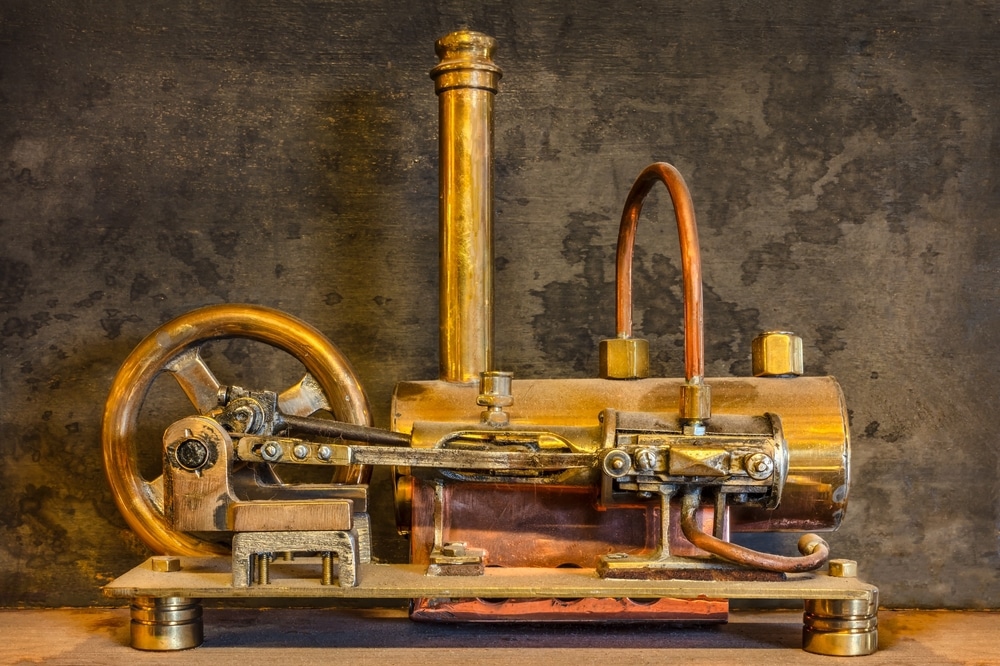Internet technology and a global market place have given you the ability to create your own online businesses, whereby you can effectively turn your passion into a profession. Thousands of people who have enjoyed various hobbies and crafts have been able to digitalize their skills, and create online training courses and international communities that bring together those who enjoy the same past times.

It’s interesting how these skills have evolved over the decades, and sometimes centuries. Many of those skills are derived from professions and trades of yesteryear, traditional, artisanal skills and abilities that would have been the way an individual earned money in the past. Today those same skills are being deployed as hobbies by people who want to keep the traditions and skills alive, and at the same time maintaining them as fundamental business activity.
We’ve highlighted here some of the more interesting hobbies that in days gone by would have been skills in their own right and earned the individual a good living.
Woodworking
Creating furniture out of wood was once a skill that was honed in small ateliers across the country by men who started as apprentices in their boyhood. These small scale businesses tended to be locally focussed, with individual craftsmen gaining reputations that travelled. While mass production has to all intents and purposes eliminated the need for these small scale producers.
That does not eliminate the passion for excellence, precision and craftsmanship that has been passed down from generation to generation, and while the business model and target markets might have changed, the love for real woodworking is as strong as ever.
Model engineering
Model engineering is a little known hobby that will have driven the evolution of industrialisation. Crafted by metal workers, proportionally scaled miniature models are built, recreating exact replicas of full sized machines. Although today model engineering supplies are wholly used recreationally, they were originally teaching tools used in factory workshops during the time of the industrial revolution, where apprentices could be taught the fundamentals of engineering.
Seamstress
The needle and thread has for many years been one of the most valuable ways for women to earn a living and contribute financially to the household. In many cases it has been lifesaving, during times when the loss of the main male breadwinner often meant poverty and destitution for the wife and children who were left behind. Doing piece work sewing jobs was a skill that could be carried out in the home, and brought enough in to keep the wolves from the door.
Storyteller
In the days before transport, when traveling between communities was long and treacherous, the dissemination of news was usually carried out by travelling storytellers. These men would go from village to village, town to town, picking up the gossip, reading the newspapers, accepting messages and letters, and following trends. He would then travel to the next community to relay this information through announcements and stories. Today this role has been taken over by rolling 24 hour news channels and social media.
Archery
Dating back to around 10,000 BC, archery has been a skills that has guaranteed the evolution of communities for thousands of years. Whether for use in hunting, finding prey with which to feed hungry communities, or in times of war, a good archer played a vital role in the survival of humans over the centuries.
Today archery is a popular sport, that has secured its place in global sporting events such as the Olympics and the Para Olympics. It is renown for helping the mental and physical wellbeing of those who enjoy the sport, allowing them to develop strength and determination through practice and progression.
